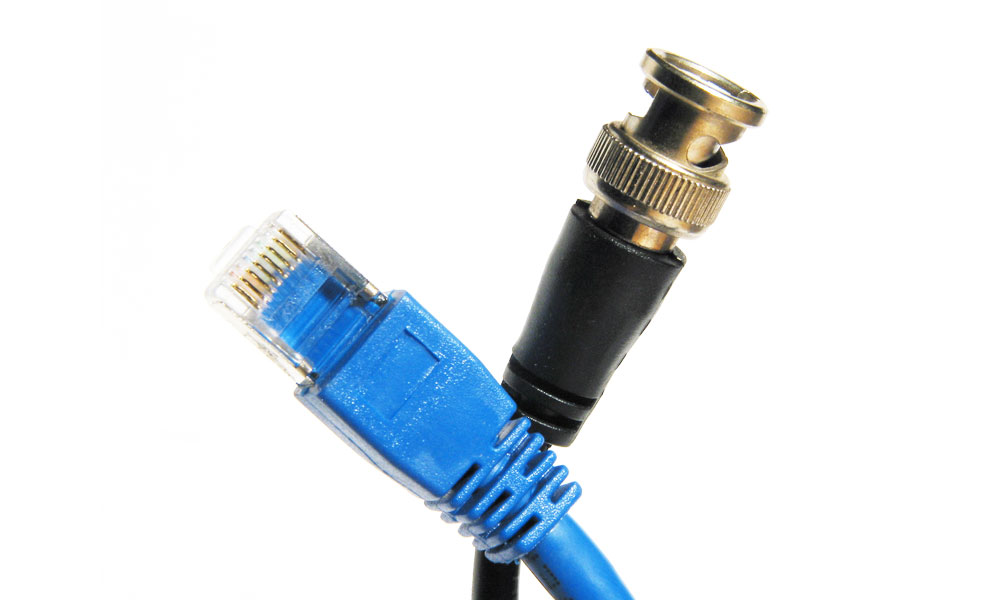
Hybrid Theory: FCC’s Net Neutrality Debate Shifts Again
A new net neutrality approach being floated by the Federal Communications Commission tries to give both tech and telecom groups what they want—but that's proving easier said than done.
When it comes to net neutrality rules, the Federal Communications Commission (FCC) is looking for a way to make everybody happy and, once again, finding its proposed strategy fails to live up to that ambition.
Last week, The New York Times and other media outlets reported on a proposal being floated by the agency to balance the wishes of advocates for an open internet against those of the companies that distribute the bandwidth that keeps the internet humming.
The proposal would treat internet service providers (ISPs) as a “common carrier” under Title II of the Communications Act of 1934—like a utility—but only for the behind-the-scenes, “wholesale” portion of the internet distribution system, where content flows from providers to the ISPs that deliver it to consumers. That would ensure that access to services such as Netflix could not be slowed down by a wireless company.
But the “retail” transaction that provides content to consumers’ laptops and television screens would face fewer regulations. In other words, Comcast couldn’t block or throttle Netflix, but it could give special treatment to its own Xfinity service or to a competitor.
The “split-the-baby approach,” as the Times described it, hasn’t formally been recommended by FCC Chairman Tom Wheeler yet, but that didn’t stop organizations on both sides of the net neutrality debate from finding fault with it.
Tech Groups Wince
Nonprofits and advocacy groups in the tech space pushing for regulations to ensure an open internet acknowledge that the new plan is better than what Wheeler proposed earlier this year—a rule change that drew a highly publicized backlash—but that doesn’t mean they like the new proposal.
The Electronic Frontier Foundation, for one, suggested that by looking for a “third way,” rather than following what it said was a clear path set by court decisions, the commission is increasing the likelihood of another legal battle over whether broadband is an information service or a telecommunications service, which determines the FCC’s authority to regulate it.
“Given the existence of a clear, and much less complicated path . . . , we fear courts will not be sympathetic,” EFF Intellectual Property Director Corynne McSherry wrote. “In fact, they may be irritated that the FCC continues to drag them into a legal quagmire.”
The Mozilla Foundation, the nonprofit that provides the Firefox browser, suggested that the slightly improved solution being proposed indicates there’s room to keep pushing for stronger regulations.
“We believe the baseline of what we can expect has gone up, and now, rumored likely outcomes all include some element of Title II, or common carrier, protections sought by advocates against significant opposition,” Mozilla Senior Policy Engineer Chris Riley wrote. “We don’t know what that will look like, or whether the baseline has come up enough.”
Telecom Groups Threaten
Groups representing the cable, mobile, and telephone industries, meanwhile, have other objections. The United States Telecom Association (USTelecom) suggested that a legal challenge could follow any attempt to regulate the internet like a utility.
“I think they’ll certainly hear from the broadband industry that, from our perspective, Title II is Title II and we would feel compelled to challenge any sort of Title II in court,” Jonathan Banks, a public policy executive at USTelecom, told The Washington Post.
National Cable and Telecommunications Association CEO Michael Powell suggested in an op-ed for the Orange County Register that the move to give ISPs common-carrier status for back-end services will stifle innovation in the field, rather than enable it.
“As the FCC considers next steps on net neutrality, history and experience make clear that competition goals will be thwarted if the commission buckles to those who are baying to blanket the internet industry with the dirty quilt of common-carrier regulation,” Powell wrote.
(iStock/Thinkstock)






Comments